Projects

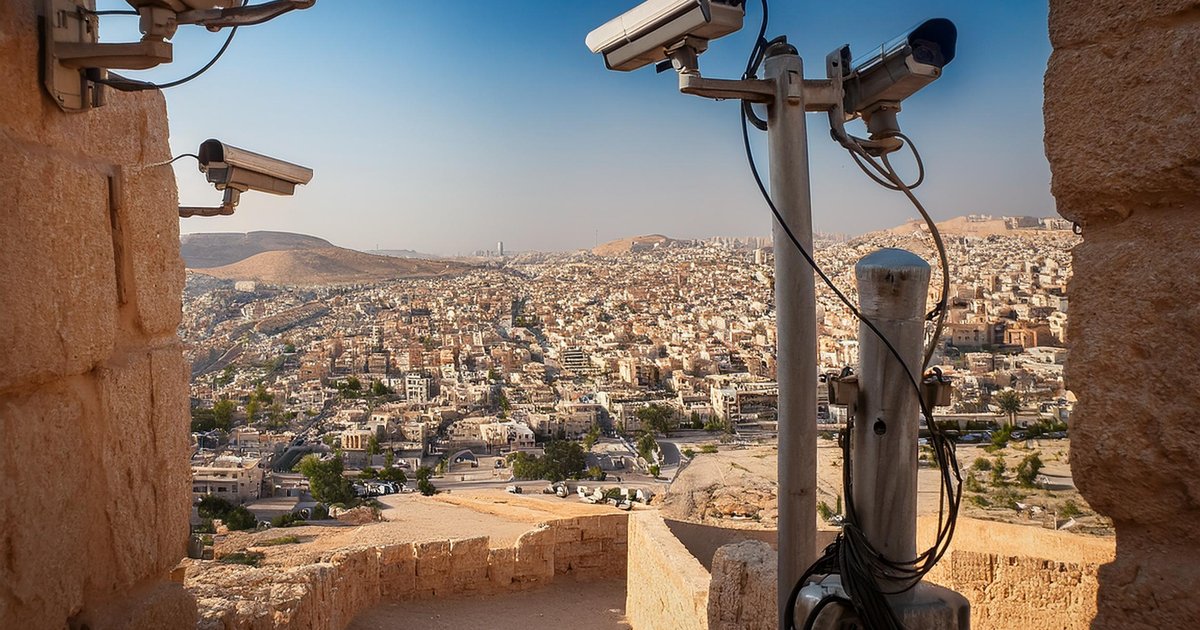
3. September 2024
The use of AI has played an important role in the surveillance, oppression and killings of Palestinians by Israel for many years, and has recently intensified. But the sole aim of the Israeli military-industrial complex is not to kill indiscriminately, but to use the occupied Palestinian territory as a testing ground for weapons and surveillance technologies that are later sold on the global market. We explore what this means for Palestinian fundamental rights and freedoms, the broader struggle against militarisation and the surveillance society. As A. Loewenstein pointed out: "What starts in Palestine never stays there."
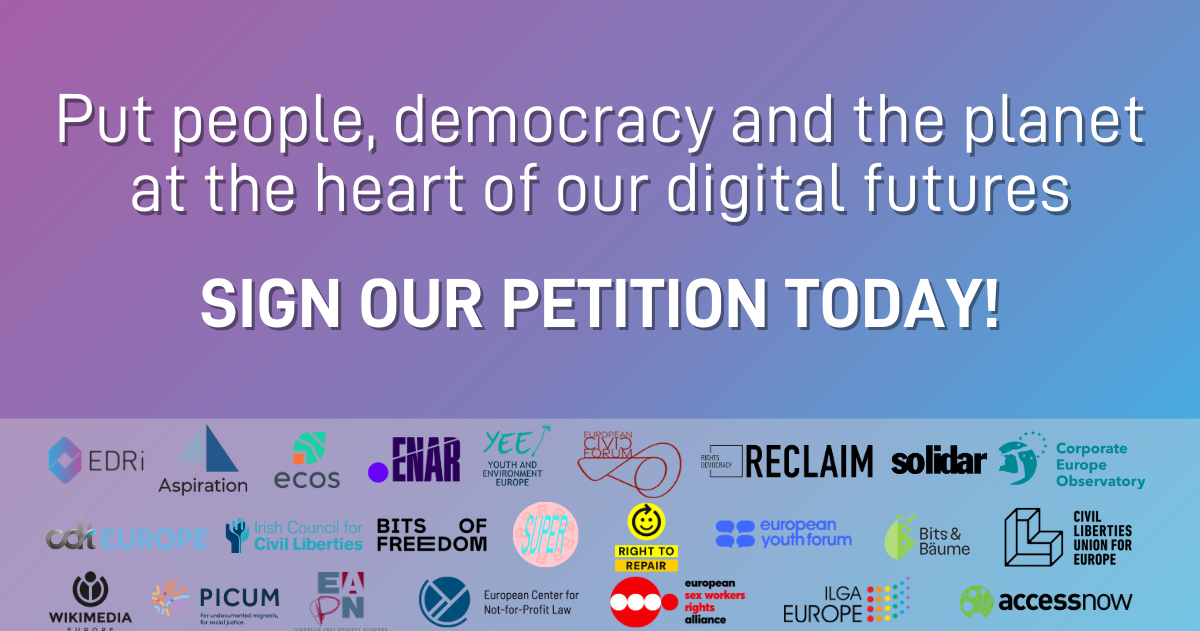
16. August 2024
We – as individuals, collectives, communities, and societies – have the agency, and responsibility to shape the future of a digitalised world. In 2024 and beyond, we call on you to pass laws that respect our vision articulated below, and reject the laws that steer us away from the future we want to build.


1. August 2024
On 1 August 2024, the long-awaited Artificial Intelligence (AI) Act enters into force, meaning that after years of negotiations, the AI Act is now an official EU law. As we move into this next phase of our work on artificial intelligence, we urge decision-makers to comply with five demands.

Subscribe to Občasnik, our monthly newsletter
Each month, we curate a selection of our reflections, projects, public appearances, collaborations and recommendations for reading and action. Občasnik is concise yet substantial, effective yet unobtrusive — and always timely!

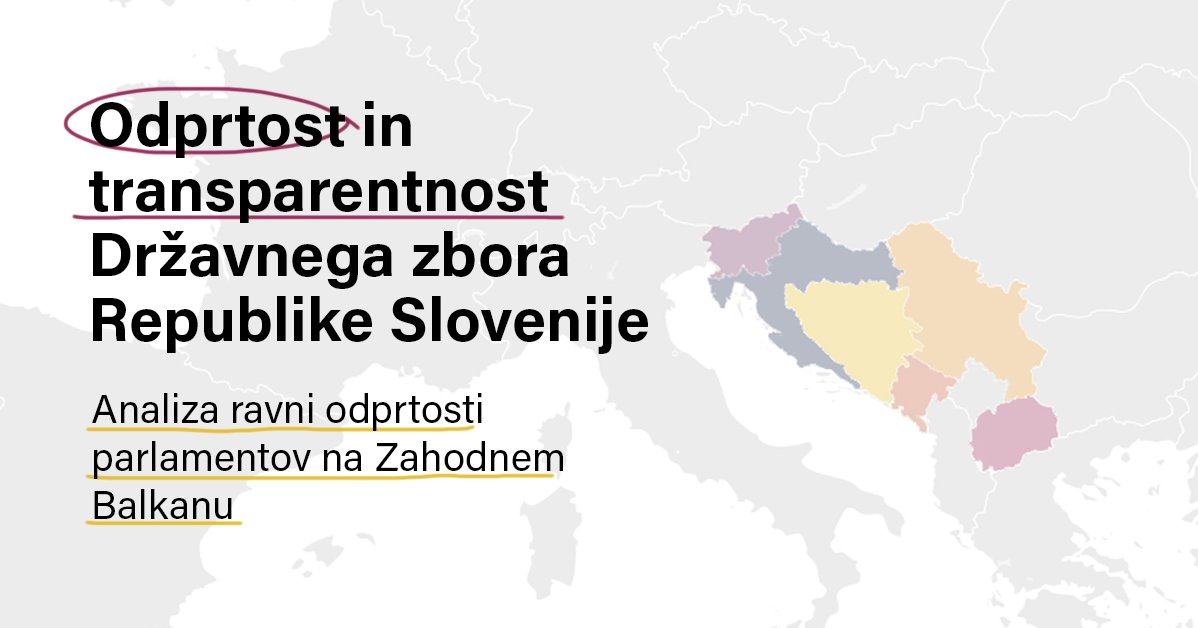
29. November 2023
As part of the international project Regional Openness Index, coordinated by the regional network of non-governmental organisations, Action SEE, we analysed the transparency of the National Assembly of the Republic of Slovenia. The analysis compared four factors: Transparency, accessibility, integrity of MPs and efficiency of the National Assembly. Once again, the National Assembly proved to be the second most open in the region. While this is encouraging, there is still room for improvement. In the previous period (2020), the biggest problem was the integrity of MPs. This time, efficiency received the lowest rating.

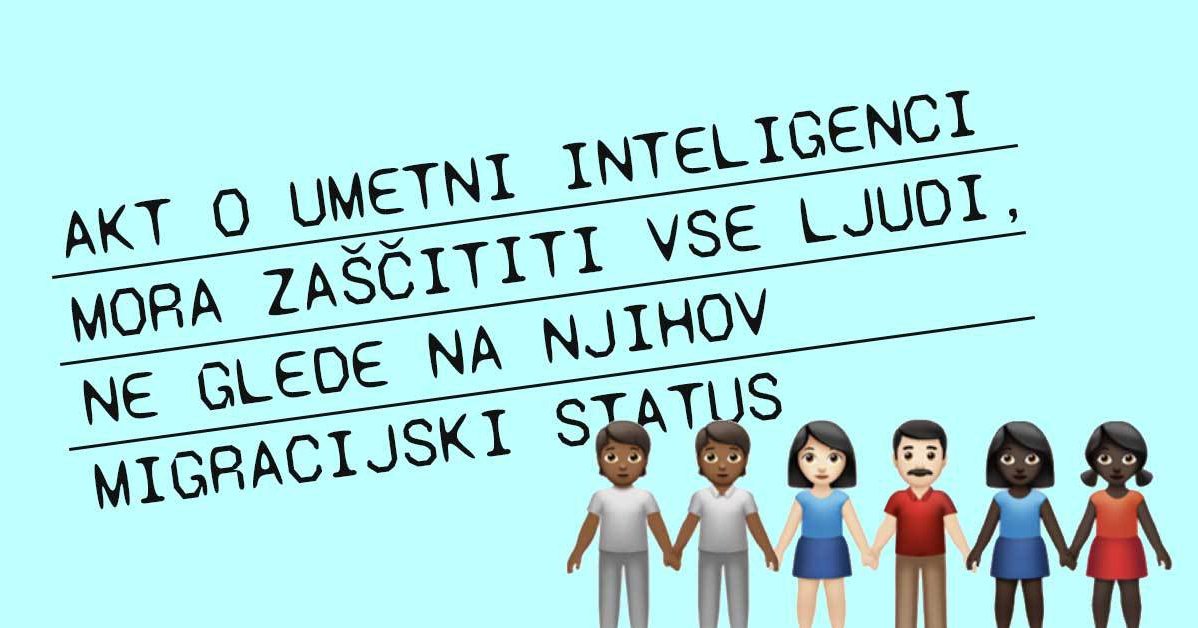
6. September 2023
With the support of co-signing organisations, we called on the Ministry of Digital Transformation of the Republic of Slovenia, other relevant ministries, the Government of the Republic of Slovenia and the National Assembly of the Republic of Slovenia to take an active role in protecting the rights of marginalised people, foreigners, migrants, refugees, asylum seekers and other persons with irregular migrant status. We informed the officials that we expect them to ensure respect for and protection of human rights.
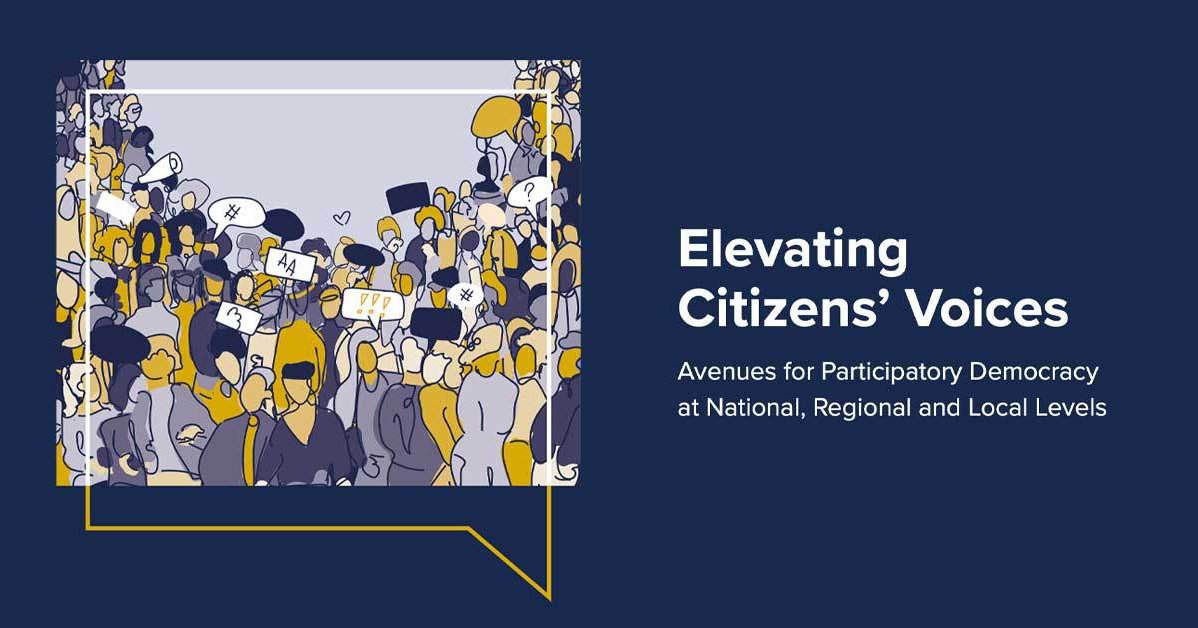
14. March 2023
This is a collection of texts produced in cooperation with the European Network of Political Foundations (ENOP) and the Assembly of European Regions (AER) and with the support of the EU. It discusses ways to solve problems facing modern societies: from climate change to gender inequality, with the help of citizens' assemblies. A comprehensive overview of good practices concludes with concrete recommendations for the implementation of new models of democratic deliberation.

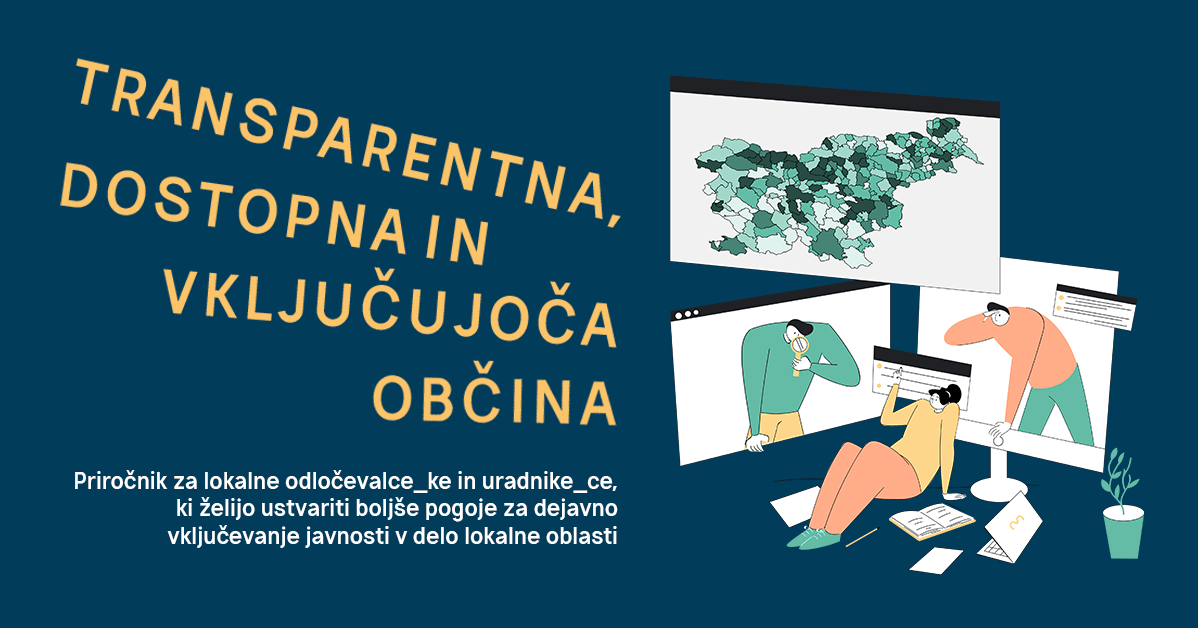
16. December 2022
This is a free handbook that was developed as part of the project "My Municipality: A Transparent and Open Local Government", supported by the ACF Program in Slovenia. The handbook is intended for local authorities and officials who aim to create better conditions for active public involvement in decision-making at the local level. It is divided into three chapters, namely Transparency, Accessibility, and Participation. Each chapter is further divided into subchapters that explore legal frameworks, potential solutions, guidelines, specific recommendations, and numerous examples of both domestic and international best practices. The handbook is freely available online and can serve as both an initial step and a practical tool for opening municipalities to their residents.
For our continuous independent work we need your support!!
Donate
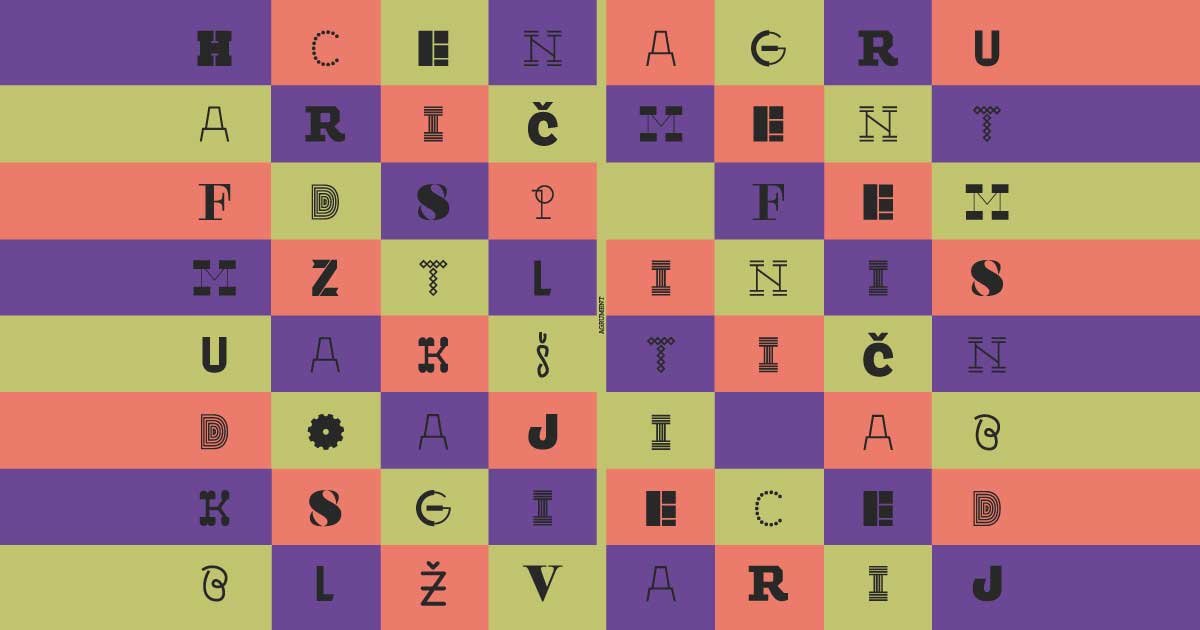
23. December 2021
After critically engaging with concepts of two fundamental disciplines, philosophy and theoretical psychoanalysis, as well as with the idea of freedom of speech, the new book in Agrument series tackles an engaged political movement, namely intersectional feminism. As befits the fourth book in the series, its conceptual framework is grounded in the fourth wave feminism, which goes beyond binary interpretations of identity, gender and sexuality. Instead, intersectional feminism addresses social and political identities as building blocks of discrimination and privilege. The Feminist abecedarium, which was published online for 25 consecutive Saturdays, has now been arranged into a book that you can order from our web store or download for free.
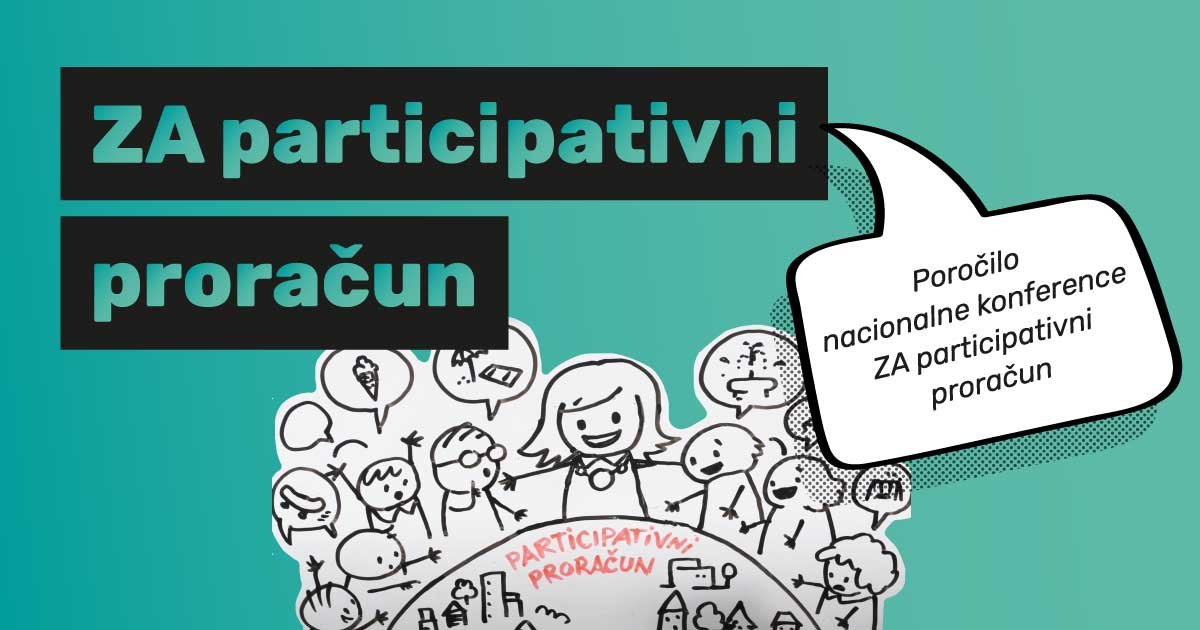
15. December 2021
We have prepared the report of the national conference FOR participatory budgeting, which took place in September 2021. The report serves as a handbook for municipalities implementing or wishing to implement participatory budgeting. On more than thirty pages, it contains useful guidelines, examples of good practice and concrete data that come in handy when implementing this democratic way of co-decision-making regarding the use of public funds.
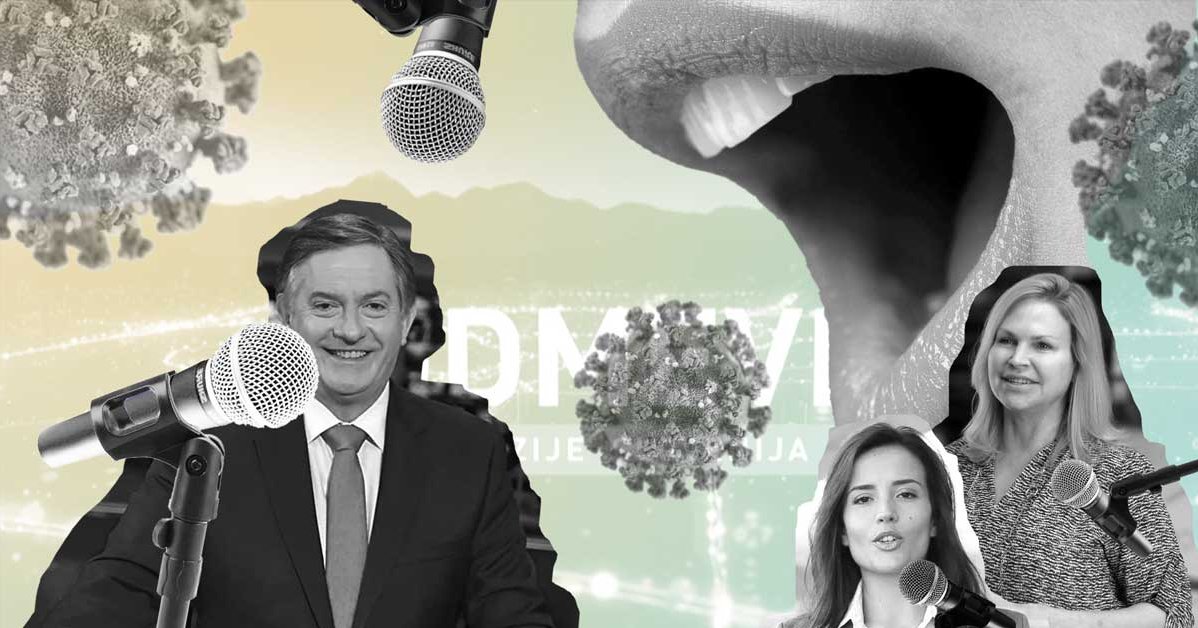
2. August 2021
We analysed all 99 editions of Odmevi (Echoes), the evening news show on national TV, that were broadcast between March 12 and August 4 2020. We wanted to see if the show was sexist – and the answer to that question, at least as far as the 99 analysed editions are concerned, was a resounding yes. There were many more male guests than female (both in the studio and online), and an even larger gap was observed in the percentage of men and women featured in lead stories. Additionally, we checked whether there were “female” and “male” topics as well as whether female and male hosts interrupt their guests equally.
